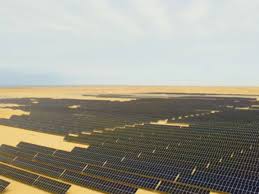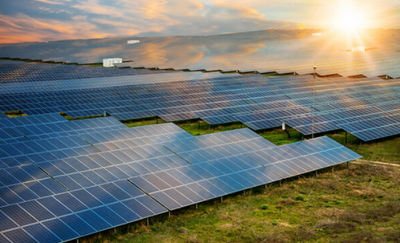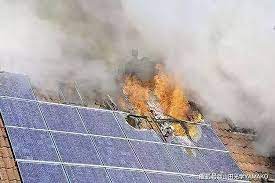Solar cables, also known as solar cables, are specifically designed for connecting various components within a solar solar system. These cables are often used in outdoor environments, directly exposed to sunlight, rain, wind, and other natural elements. As a result, they must possess good weather resistance to withstand UV radiation, high temperatures, low temperatures, humidity, and other environmental factors.

The primary purpose of subjecting solar cables to irradiation is to enhance their performance and reliability, enabling them to adapt to the unique environmental and operational conditions of solar systems. Here are some key reasons:

1.Improved Electrical Performance:
In solar systems,solar cables must endure high voltages and electric currents. Therefore, strong electrical performance is crucial. Irradiation can enhance a cable's resistance to voltage and breakdown, thereby ensuring stability and reliability under high-voltage conditions.
2.Enhanced Aging and Heat Resistance:
solar cables are often exposed to UV radiation and high temperatures in outdoor settings. Irradiation treatment can improve the cables' resistance to aging and heat, prolonging their lifespan and reducing degradation caused by environmental factors.
3.Enhanced Mechanical Performance:
solar cables are subjected to various mechanical stresses such as wind, temperature fluctuations, and mechanical tension due to their connections to solar panels and other components. Irradiation treatment can enhance a cable's mechanical strength, tensile resistance, and abrasion resistance, allowing it to withstand diverse mechanical stresses.
4.Reduction of Impurities and Defects:
Irradiation treatment helps eliminate impurities and defects within the solar cable, thereby improving its quality and reliability. This reduction lowers the risk of cable failures during operation, enhancing the overall stability of the solar system.
solar cables that haven't undergone irradiation might pose potential hazards and issues, including:

1.Unstable Electrical Performance: Non-irradiated solar cables may exhibit unstable electrical performance, making them susceptible to electrical faults.
2.Aging and Degradation: Lack of irradiation can lead to premature aging and degradation due to factors like UV radiation and heat exposure.
3.Inferior Mechanical Performance: Non-irradiated solar cables might have weaker mechanical properties, making them prone to breakage or damage.
4.Safety Concerns: Non-irradiated solar cables might contain impurities, defects, or safety risks during production. Irradiation treatment can help mitigate these issues, enhancing cable quality and safety.
In conclusion, choosing irradiated solar cables is essential to ensure reliable and safe operation of solar solar systems. Such cables offer improved electrical, mechanical, and environmental resistance, contributing to the longevity and performance of the entire system.





